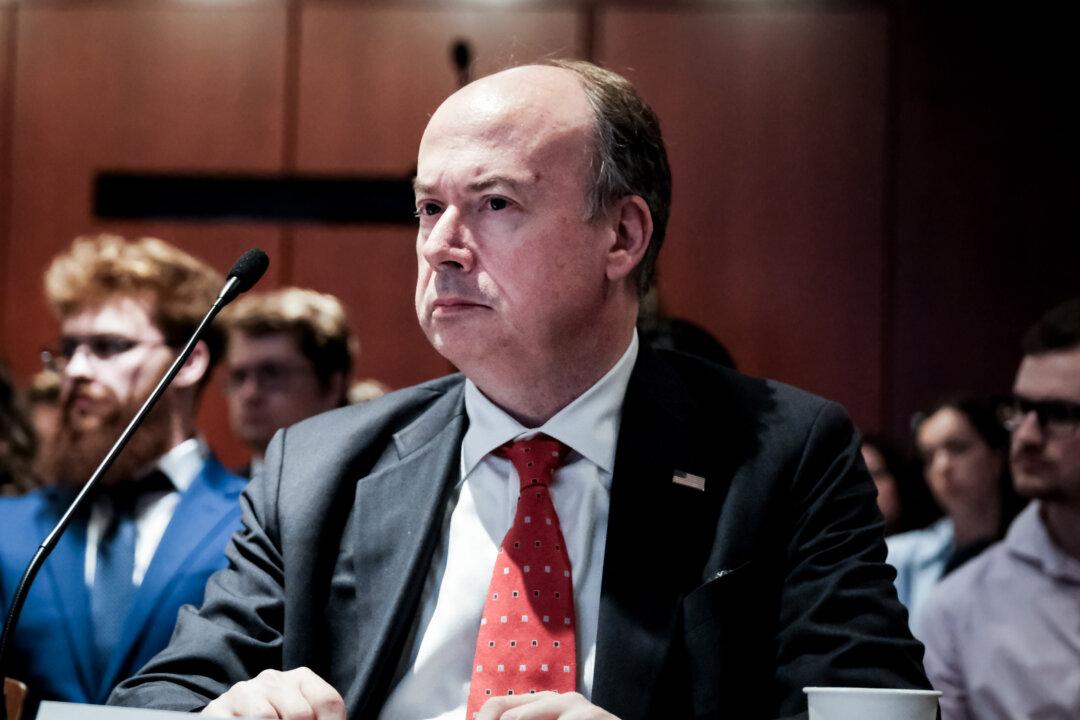Taiwan’s success in the area of “open government” policy development and implementation, particularly during the COVID-19 pandemic, was praised on May 20 as an example for other nations to follow during an event hosted by the Open Government Partnership (OGP).
The OGP was launched in 2011 by eight founding nations, including the United States, and now has a membership of more than 70 national governments and dozens of local jurisdictions aiming to “increase the availability of information about governmental activities” and “support civic participation ... in decision making and policy formulation.”





